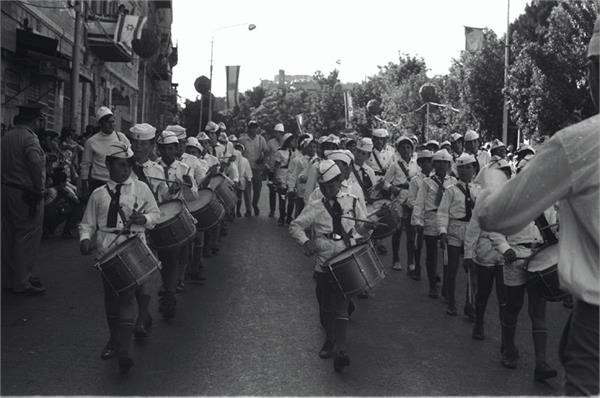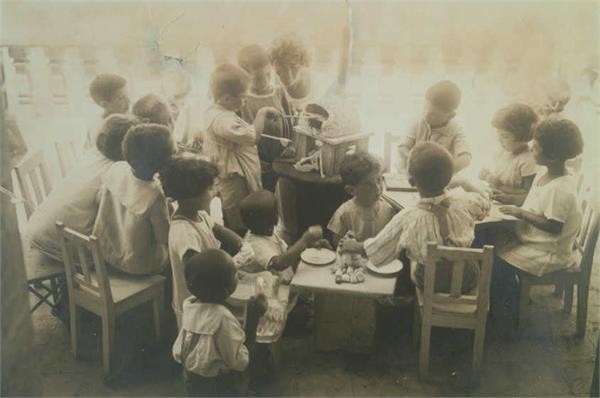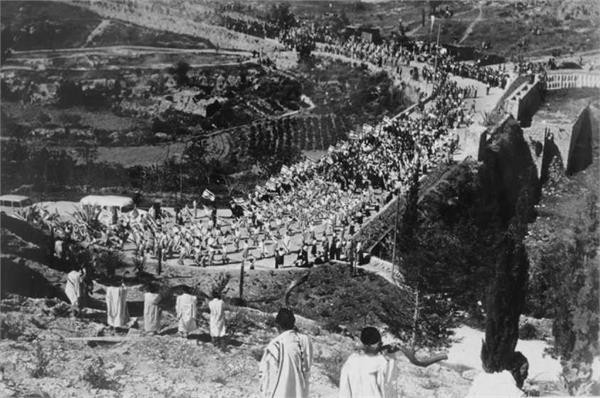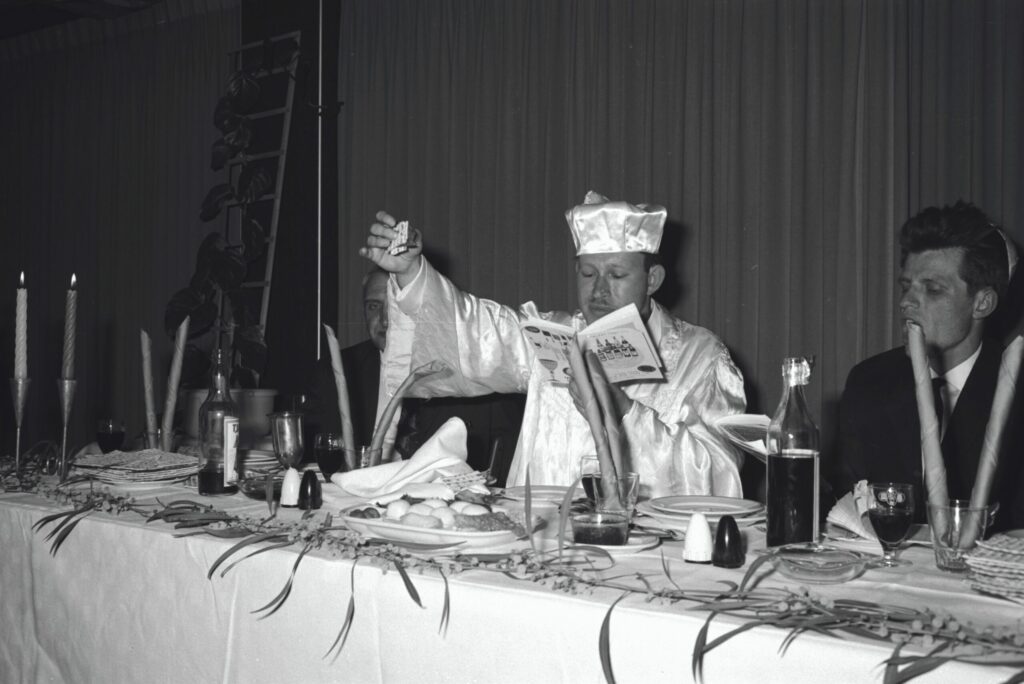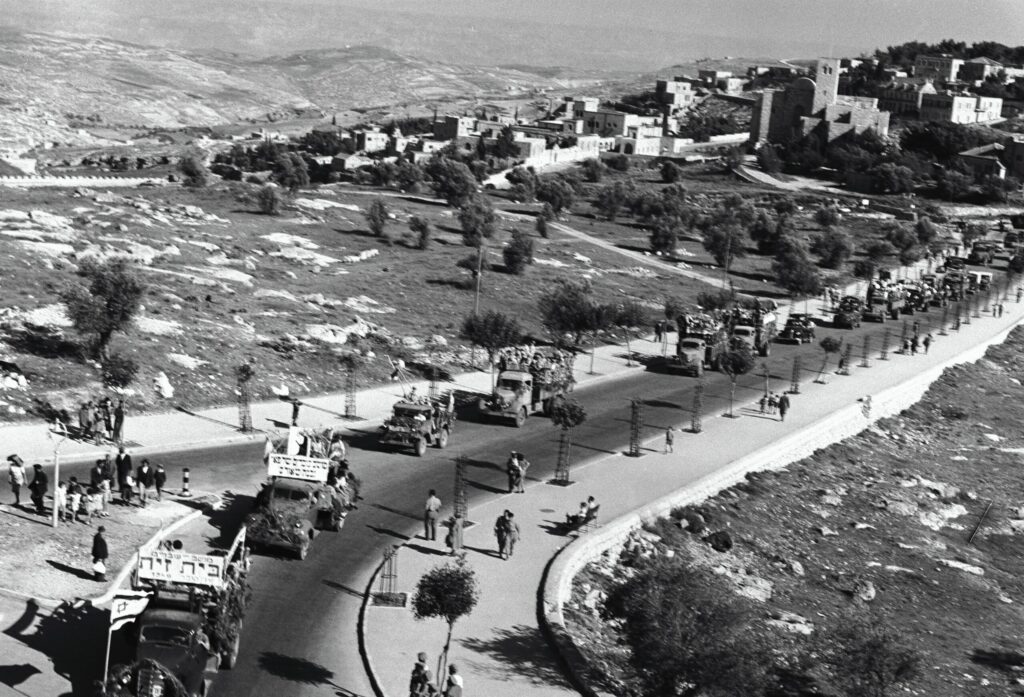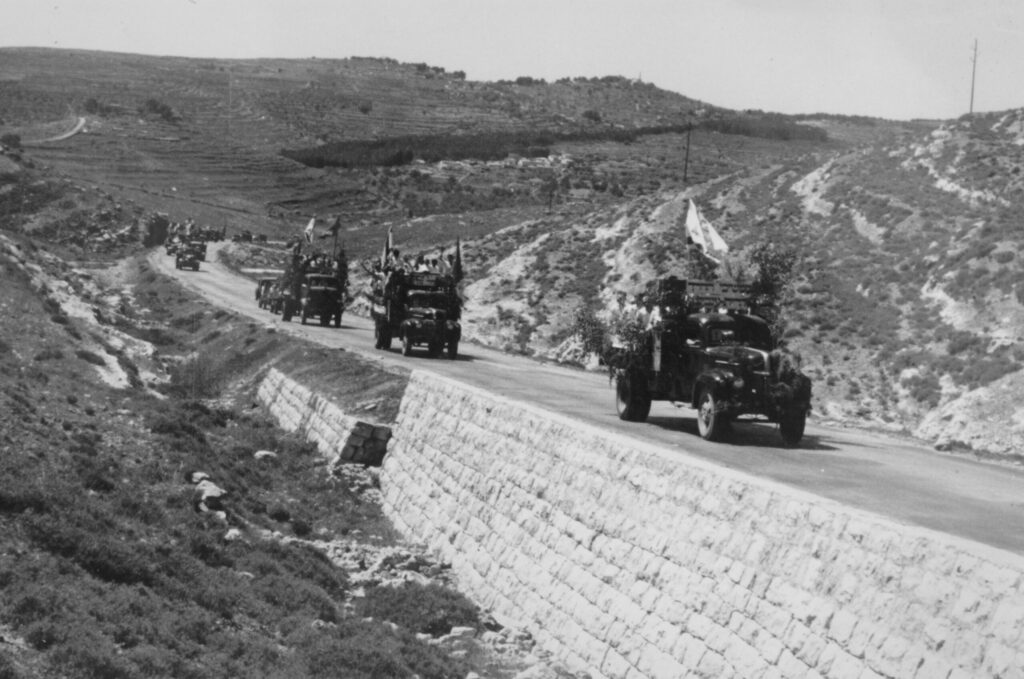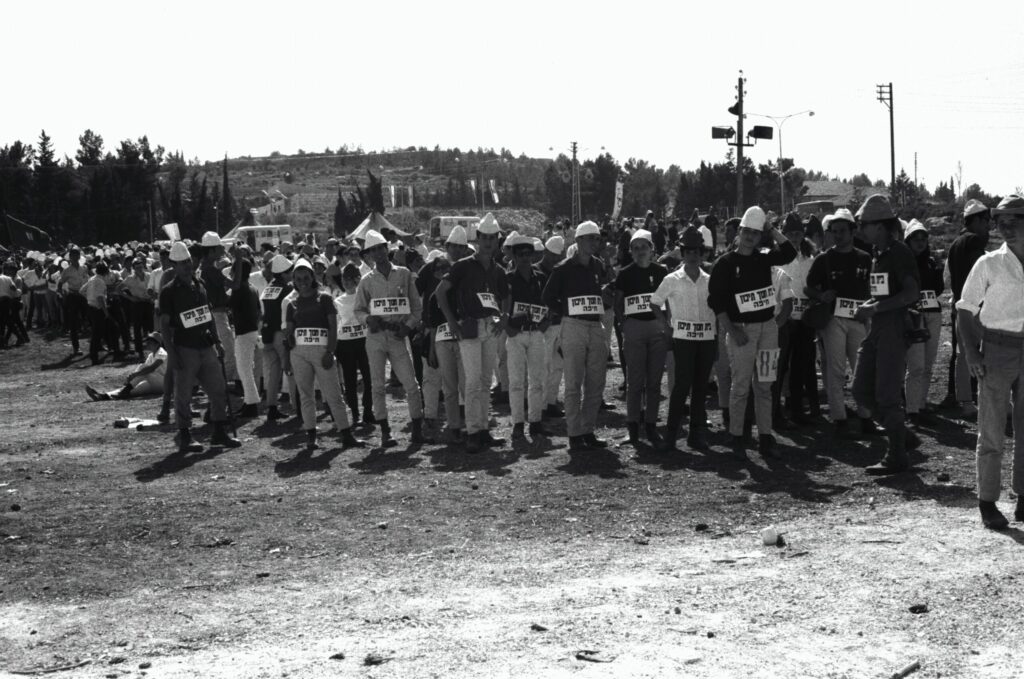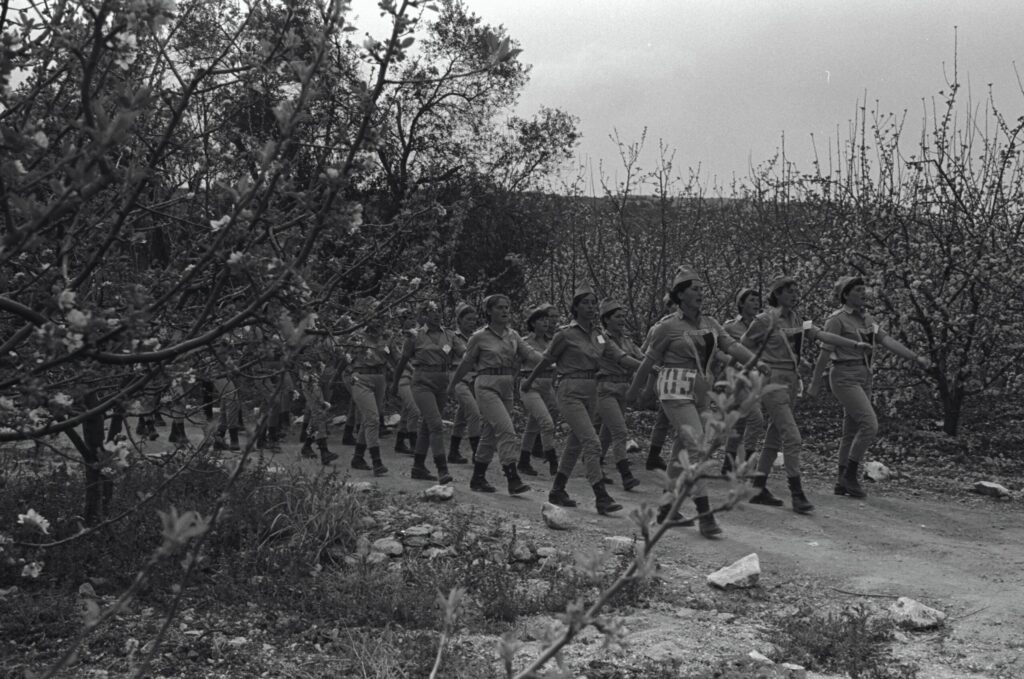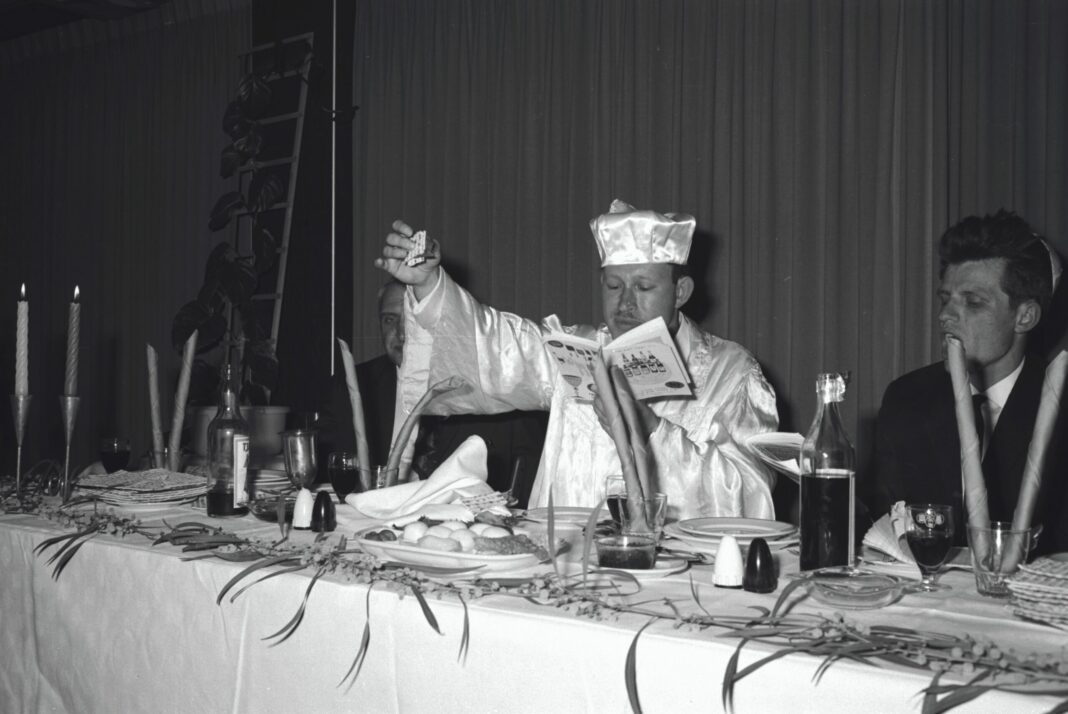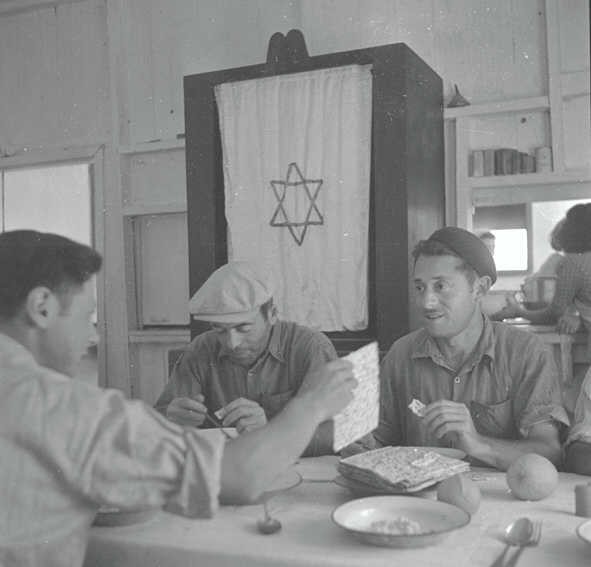In celebration of the upcoming Passover holiday, Keren Kayemeth LeIsrael–Jewish National Fund (KKL-JNF) has released a poignant collection of rare historical photographs, offering an extraordinary look at how Passover was observed in what is now the State of Israel between 1925 and 1971. These images, newly made public from the KKL-JNF Photo Archive, capture treasured customs and landmark events — some still practiced today, others remembered only in photographs.
Among the highlights are scenes of kindergarten children baking matzah in 1925, a tradition woven into early Zionist education; a communal Seder at Kibbutz Hafetz Haim in the 1940s; and a 1958 pilgrimage to Mount Zion — a symbolic alternative to visiting the Western Wall at a time when the Old City of Jerusalem was not accessible to Jewish worshippers.
Other compelling moments include the 1970 Passover march, where children paraded with drums in what would later evolve into today’s Jerusalem March, and a 1971 glimpse into preparations for the Samaritan Passover sacrifice on Mount Gerizim — a rare ceremony still performed today.
“These rare photographs open a window into the past and allow us to reconnect with the traditions and moments that shaped Passover celebrations in the early years of Jewish settlement,” said Efrat Sinai, Director of Archives at KKL-JNF. “The 1925 kindergarten matzah baking reflects the importance of cultural identity in education, while the 1958 pilgrimage to Mount Zion conveys the longing for spiritual connection during divided times in Jerusalem. Each photograph offers a vivid snapshot of history, and we are proud to preserve and share this heritage with the global public.”
KKL-JNF’s photo archive continues to chronicle the story of Israel through tens of thousands of images documenting traditions, national holidays, and historical milestones. As Jewish communities around the world prepare to celebrate Passover, this collection serves as a visual reminder of the shared cultural journey and the enduring spirit of the Jewish people.
